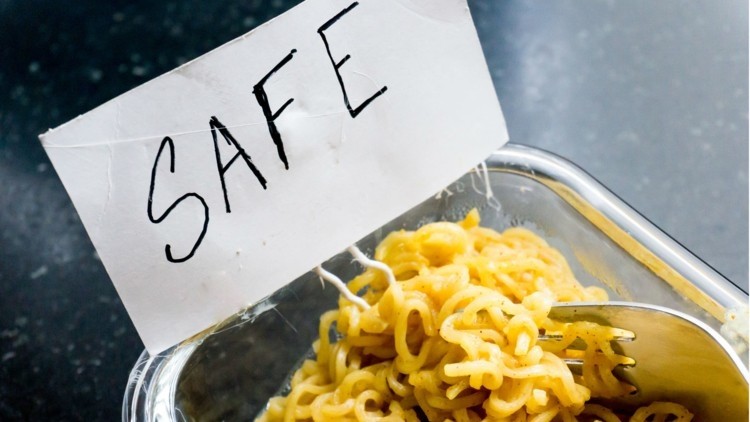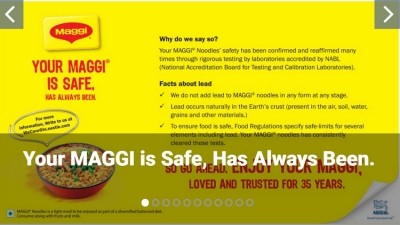‘False propaganda’ is ‘bad for food businesses’: India’s FSSAI decries ‘irresponsible reporting’

In an official press statement on the issue, FSSAI declared videos regarding the matter that have been widely circulated on social media to be ‘false and malicious’, and also mentioned print and electronic media as culpable parties.
FSSAI CEO Pawan Agarwal added that the situation was leading to ‘fear amongst public at large and erodes […] confidence in the food control system in the country’.
“[Such] false propaganda is neither good for citizens nor for food businesses. This also erodes global trust in our food system and food businesses, and potentially has far reaching public health, social and trade implications,” he added.
FSSAI will be taking action in an attempt to curb the negative effects of the situation, including contacting the relevant media for ‘internal checks’ so as to ensure that ‘reports on food safety are carefully verified’.
Additionally, FSSAI added that the Indian Ministry of Electronics and IT has been contacted so as to establish a ‘system for tracking of such messages’, such that ‘perpetrators of such mischievous videos could be brought to book and penal action initiated against them (sic)’.
The national food safety watchdog also intends to hold a workshop with the intention of educating local media on the ‘technical aspects’ of food safety reporting.
Milk, milk and more milk
Amongst the items Agarwal pointed out included a recent video relating to melamine in Indian dairy, where he said ‘it was maliciously projected that FSSAI had given permission for use of melamine in milk’.
“[The] use of melamine either as an ingredient or as an additive is not permitted in any food under the food safety regulations of the country,” he stressed.
“[Maximum] limits for [the] presence of melamine in food, including milk, have been established under the regulations to address the incidental presence of melamine as a contaminant.”
In addition, an interim report on the recent National Milk Quality Survey 2018 which was recently released has also been claimed to be misinterpreted.
FSSAI has previously said that this is the ‘most comprehensive survey on safety and quality of milk in the country’. It claimed that the milk adulteration issue in the country was actually 'not serious at all', and that the majority of contaminants came from the primary production process.
This was despite consumer findings revealing very different results from the above, saying that 78% of the milk in India does not meet quality standards. According to the consumer report, only 20.7% of branded and 22.5% of unbranded milk samples respectively were standards-compliant.
The agency also claimed that local reports regarding a WHO advisory to the country saying that ‘if adulteration of milk and milk products is not checked immediately, 87% of citizens would be suffering from serious diseases like cancer by the year 2025 (in India)’ were false.
Via the press release, FSSAI asserted that no such advisory had been issued, and that neither FSSAI nor WHO had been approached on the matter. This was despite news reports published on the FSSAI website itself that mentioned the advisory.
As of November 2018, the advisory cannot be detected online.
That said, no mention was made of an earlier report that surfaced in September, saying that roughly 68% of all milk and milk products in India were found to be in violation of FSSAI standards.


















